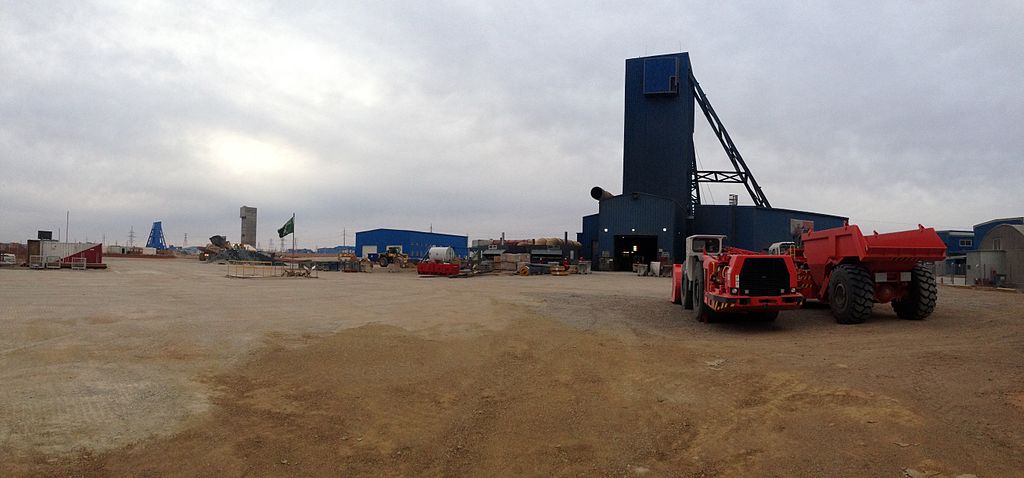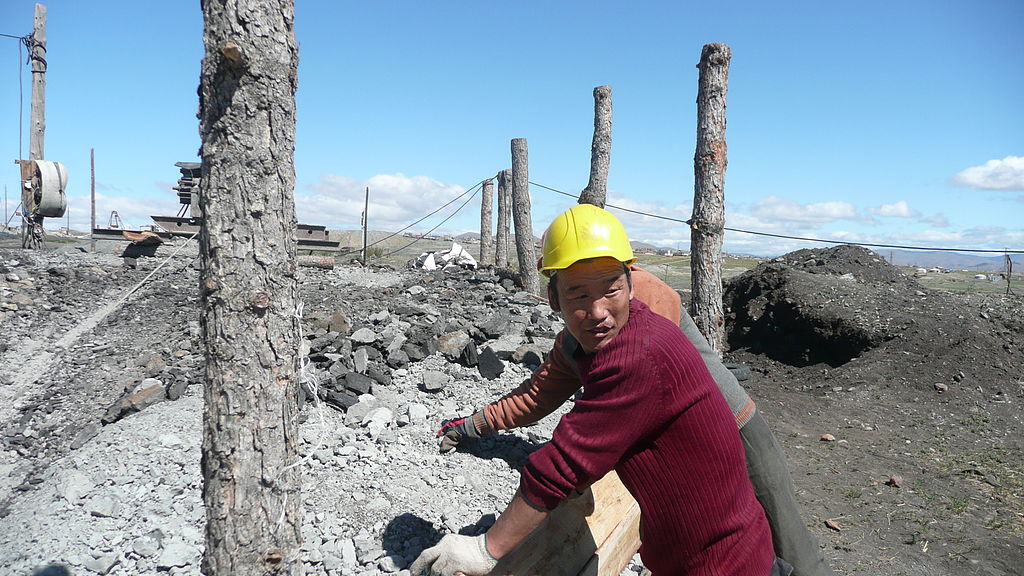The Extractive Industry Transparency Initiative (EITI) in the Land of the Blue Sky
Memo #332
By Christopher Carter – ultericommunications [at] gmail.com and Dulguun Davaanyam – live.environmentally.friendly [at] gmail.com
 Since moving out of the Soviet orbit, Mongolia has experienced tremendous economic and political change as it continues to move towards a free market and democratic governance. This transition, alongside the realization of the country’s major mineral deposits, has garnered the interest of international resource development and the support of international finance for aid and development. But managing its vast mineral wealth is fraught with risk.
Since moving out of the Soviet orbit, Mongolia has experienced tremendous economic and political change as it continues to move towards a free market and democratic governance. This transition, alongside the realization of the country’s major mineral deposits, has garnered the interest of international resource development and the support of international finance for aid and development. But managing its vast mineral wealth is fraught with risk.
We know today that nations like Mongolia with an abundance of mineral and extractive resources can experience the phenomenon of lesser social development compared to their less resource-rich counterparts (the “resource curse”), or that of excessive demand, a loss of non-resource related business and positive externalities (“Dutch disease”). To address this, since 2004 Mongolia has participated as a compliant member in the Extractive Industry Transparency Initiative (EITI), which brings together a multi-stakeholder working group of civil society, industry and government actors to implement oversee the transparent reporting of extractive company payments to the government. From 2006 the EITI has published an annual report, and works to better its dissemination to civil society in order to promote accountability, especially in mining regions. Today extractive companies are active in one third of Mongolia’s 329 soum (counties) and over 1,500 companies participated in the EITI in 2013.
The EITI report provides a complex accounting spreadsheet of payments, reconciliation, donations and discrepancies. When EITI reporting was launched in Mongolia mining companies and civil society had little knowledge of or interest in it. However, civil society was quick to recognize its value and has used it in some cases to protect local rights. This said, the reporting remains largely unapproachable to the everyday citizen. Here knowledge translation and communicative practice will be critical in identifying what stakeholders in civil society desire from the report and mobilizing the report into appropriate mediums.
While the completion of major mineral developments in Mongolia’s Gobi region may bring major financial gains for government and mining companies alike, the development of mineral resources carries the potential to leave one of two legacies: either one of corruption and failed governance, or one of an empowered civil society and comprehensive human development. In Mongolia, the continued successful adaptation of the EITI and its reporting may help ensure the latter.
In 2014 we traveled to Mongolia to research the EITI and to produce a short video documenting the state and future of the EITI initiative in Mongolia. In its production, we were exposed to a cross-section of stakeholders, from policy makers, to miners, to families—from the boardrooms of Ulaanbaatar to the heap leach piles of Boroo Gold. Starting from the next memo we will present the video outcome of this project in two parts.
* * *
About the Authors:
Christopher Carter is a MASc candidate in Natural Resources Planning at the School of Community and Regional Planning at UBC his research focuses on multi-stakeholder decision making, regional planning and natural resource policy. His audiovisual and regional planning work can be found on his website.
Dulguun Davaanyam is a MASc. candidate student at the NBK Mining Engineering department at UBC on the Oyu Tolgoi International Scholarship, her current research focuses on tailings metagenomics in mine remediation and environmental sustainability.
Links:
- Clare Short, “The Development of the Extractive Industries Transparency Initiative,” Journal of World Energy Law and Business 7.1 (2014): 8-15
- Georg Caspary, “Practical steps to help countries overcome the resource curse: The extractive industries transparency initiative,” Global Governance 18.2 (2012): 171-184.
- “Mongolia EITI Validation Report” (February 2010)
- Jonathan Pell, “Show me the money! Strengthening EITI implementation in Mongolia,” The Guardian
- Natural Resource Governance Institute, “Mongolians Demand—and Receive—More Information About Their Natural Resources” (July 2014)
Related Memos:
See our other memos on Mongolia.


Comments are closed, but trackbacks and pingbacks are open.